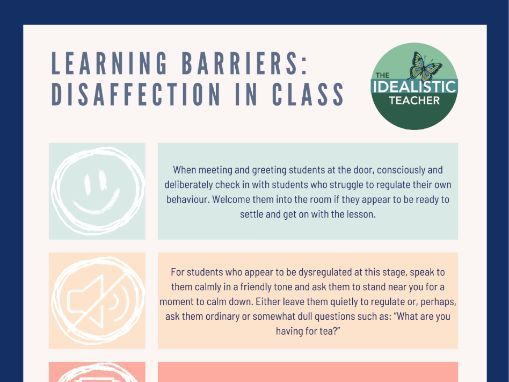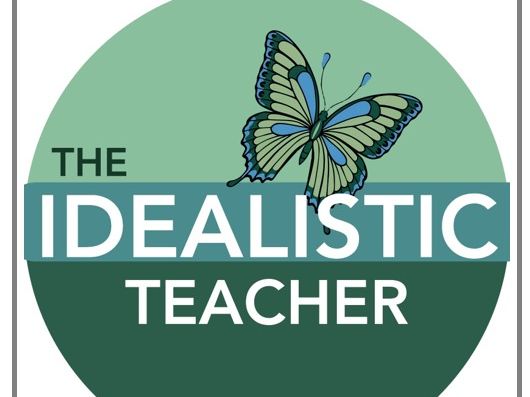The Idealistic Teacher
"Keep loving teaching. Keep being creative." Well, it might seem like madness to you and, indeed, to myself much of the time but it’s fair to say that I love teaching. What I seek to keep at the heart of my blog & resources, and in my own heart of hearts, is a passion. A passion for learning in myself and my students. A passion for my subject: English. Led by principles from 'The Learning Scientist'.















